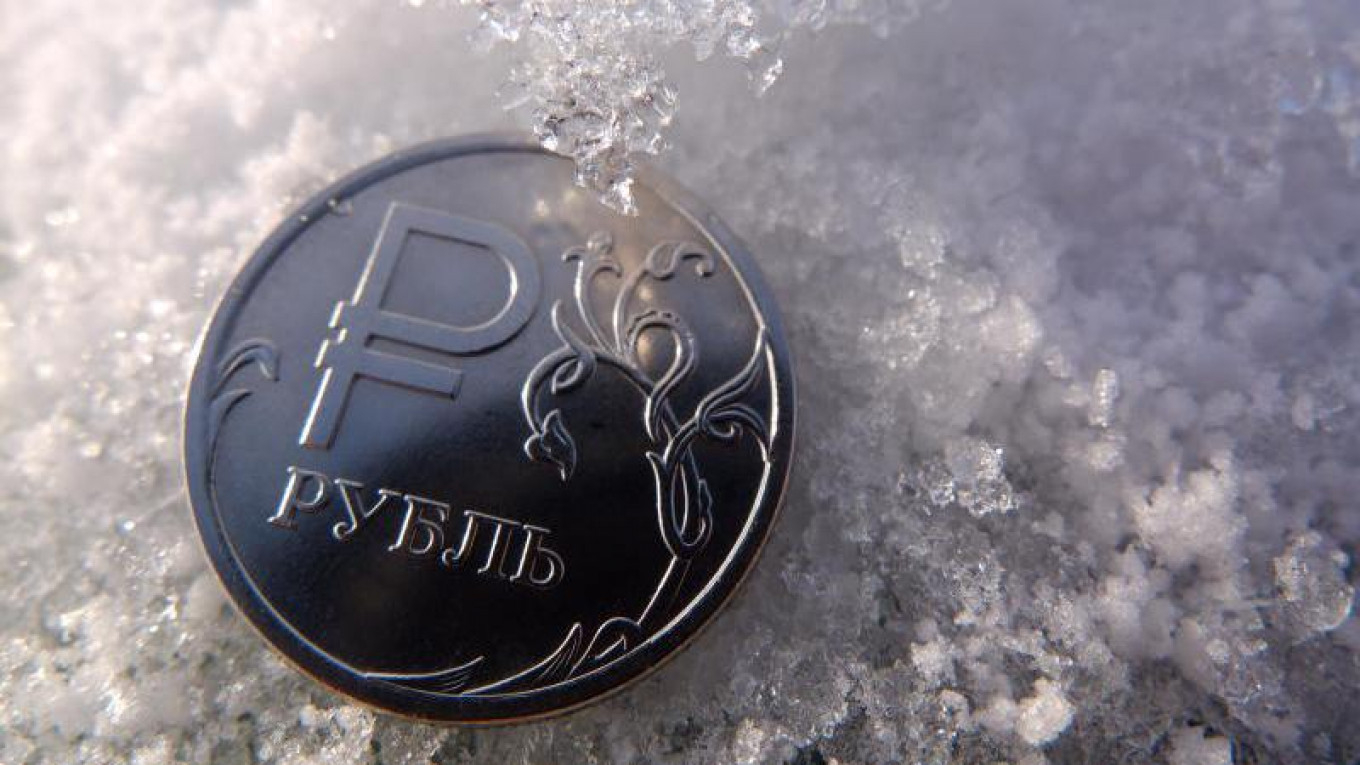A chilly start to the Russian summer could trigger rising inflation rates in the second half of 2017, according to Russia’s Central Bank.
Unusually low temperatures across the west of the country are expected to drive up food prices, potentially causing a knock-on effect across the economy.
The strengthening ruble is still expected to keep inflation in check, with annual inflation rates not projected to exceed the 2017 government target of 4 percent, analysts said.
Actual inflation in Russia in 2016 amounted to 5.4 percent.
This May has been the coldest in Moscow since 2000, with an average temperature of 10.9 degrees.
Other Russian regions are still enjoying sunnier weather, with record spring temperatures in Siberia and the Far East.
A Message from The Moscow Times:
Dear readers,
We are facing unprecedented challenges. Russia's Prosecutor General's Office has designated The Moscow Times as an "undesirable" organization, criminalizing our work and putting our staff at risk of prosecution. This follows our earlier unjust labeling as a "foreign agent."
These actions are direct attempts to silence independent journalism in Russia. The authorities claim our work "discredits the decisions of the Russian leadership." We see things differently: we strive to provide accurate, unbiased reporting on Russia.
We, the journalists of The Moscow Times, refuse to be silenced. But to continue our work, we need your help.
Your support, no matter how small, makes a world of difference. If you can, please support us monthly starting from just $2. It's quick to set up, and every contribution makes a significant impact.
By supporting The Moscow Times, you're defending open, independent journalism in the face of repression. Thank you for standing with us.
Remind me later.






